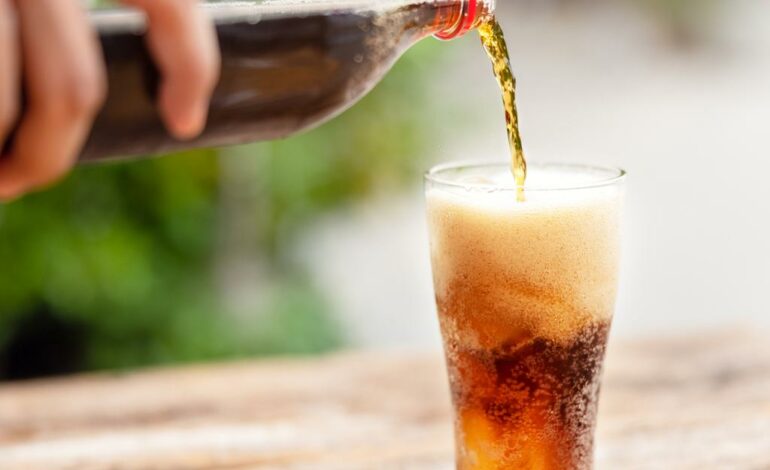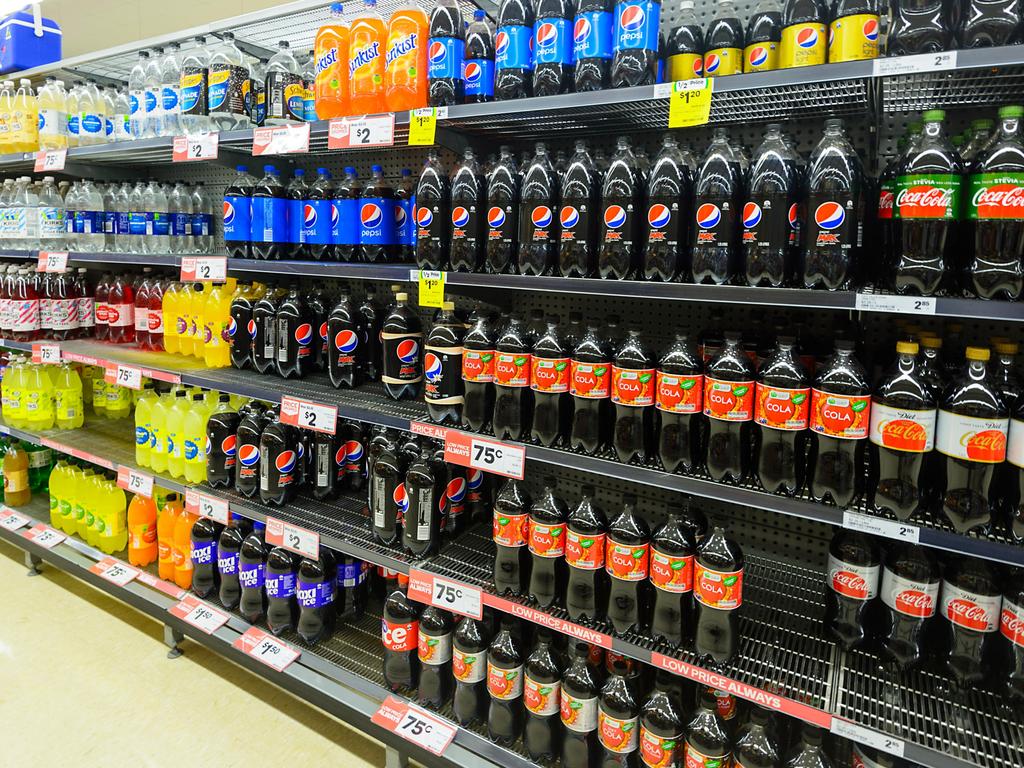Diet soft drinks classed as ‘no better’ than regular soda versions

Diet soft drinks were once touted as a way to help aid weight loss – but now the fizzy stuff has come under fire from experts.
Diet soft drinks — once seen as a healthy alternative to sugary regular sodas — are under scrutiny as a growing body of research found issues.
Now, a study reveals that both regular and diet soft drinks result in higher insulin levels, as measured in saliva.
This is bad news for anyone who thinks their “No Sugar” versions of their favourite drinks – such as Diet Coke and Zero Sugar Fanta – are healthier options.
“I am not surprised to see that subjects who drank both regular and diet sodas had increased insulin levels an hour after consumption,” dietitian Karen Z. Berg told Medical News Today.
“While diet sodas have been heavily pushed for weight loss and better blood sugar control, more and more research is coming out that is proving these beverages have the opposite effect,” added Berg, who was not involved in the research.
In a small study with 15 healthy participants, researchers from the University of São Paulo in Brazil tested the effects of diet soft drinks, regular soft drinks, mineral water with artificial sweeteners, plain water with a small amount of added sucrose and plain water, New York Post reported.
The researchers then collected saliva samples from participants and analysed the samples for total protein, alpha-amylase (an enzyme that helps the body digest sugar), aspartame and insulin levels.
First, the samples detected aspartame in saliva for an extended period of time. This indicates that the artificial sweetener stays in the body for a long time, which can impact the body’s response to the sweetener.
Also, researchers found that salivary insulin levels increased after consuming both regular soft drinks and diet soft drinks. Salivary insulin levels, they noted, may correlate with blood levels of insulin.
“Insulin release is an essential part of blood sugar regulation, cellular metabolism, and muscle growth,” Dr. Brian Black, an osteopathic physician in Greencastle, Indiana, told Medical News Today.
“In high quantities, insulin levels can lead to complications including weight gain due to the promotion of excess fat deposition and increased cardiovascular risk due to hypertension and atherosclerosis,” Black added.

Diet soda was touted as a weight loss alternative. Picture: Alamy
“High and inappropriate long-term insulin exposure can lead to … retinopathy, erectile dysfunction, neuropathy, kidney disease, myocardial infarction [heart attack] and stroke,” Black said.
“Certainly, further studies are needed to confirm data on direct health measures,” Black noted. “However, health messaging should note that substituting sugary beverages with aspartame beverages may not lead to health benefits and could cause harm.”
This latest study, published in Food Research International, adds to the evidence that diet sodas and other foods with artificial sweeteners like aspartame may be unhealthy.
Earlier this year, a leaked report from the World Health Organisation set off a furore when it revealed that aspartame might soon be declared a “possible carcinogen,” or cancer-causing agent.
In May, the WHO released new guidelines warning the public not to use non-sugar sweeteners for weight loss, revealing that they may actually do more bodily harm than good.
SOURCE: NEWS.COM.AU





